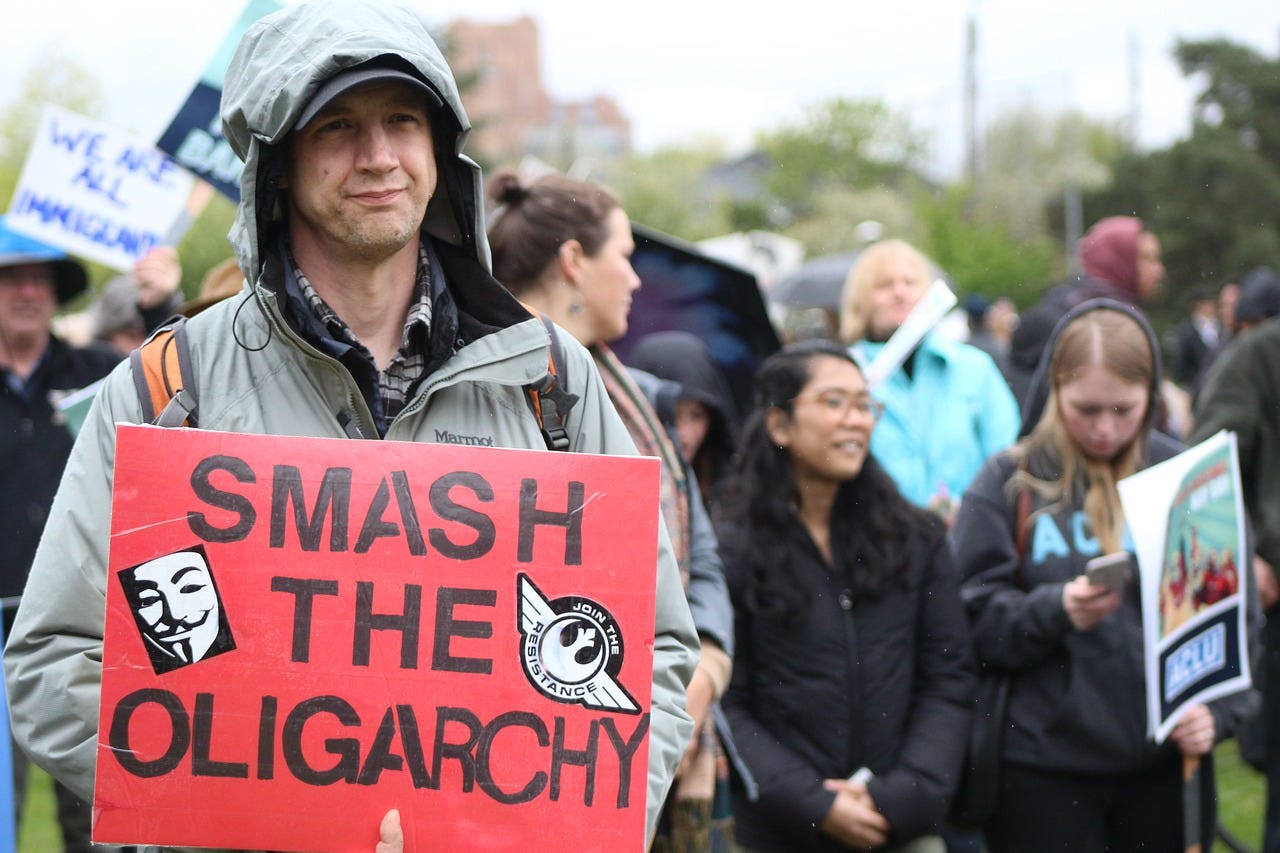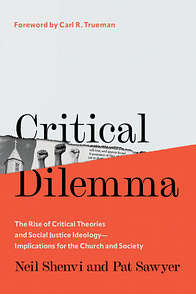One of the most interesting assessments of [critical theory] is an essay by Conor Barnes, a former self-professed anarchist, who describes how he left the social justice movement in an essay entitled “Sad Radicals.” He and his compatriots were, in his own words, committed to “deconstructing gender, monogamy, and mental health.” They “lived and breathed concepts and tools like call-outs, intersectionality, cultural appropriation, trigger warnings, safe spaces, privilege theory, and rape culture.” He writes:
Commentators have accurately noted how social justice seems to take the form of a religion. This captures the meaning and fulfilment I found in protests and occupations. It also captures how, outside of these harrowing festivals, everyday life in radical communities is mundane but pious. As a radical activist, much of my time was devoted to proselytizing. Non-anarchists were like pagans to be converted through zines and wheatpasted posters rather than by Bible and baptism.
His ideology made him anxious, depressed, and paranoid. He eventually left and suggests that other radicals need to “flee the cult” as well.
While these critics have adopted different labels (intersectionality, social justice, antiracism, etc. . .), they are clearly all describing the ideology that we have termed contemporary critical theory. And we agree with their assessment. Contemporary critical theory is functioning as a worldview and a metanarrative.
What exactly do we mean by these terms?
We note these concepts are very similar such that the terms can often be used interchangeably. We will offer a bit of a distinction. We take a worldview to be a basic set of presuppositions that answer the big questions in life, like Who am I? What is the fundamental human problem? How can that problem be solved? What is my primary moral duty? How do I know the truth? And, What is the end goal of history? Christianity, like most world religions, answers these questions. But so does contemporary critical theory.
For Christians, our primary identity is vertical. We first relate to God as his creatures and only secondarily to our fellow image bearers through family, friends, communities, and society at large. Our fundamental problem is sin: our rebellion against God, our failure to obey his law, and our inclination to do evil. Because we have all sinned, we are all under God’s wrath and deserve both physical and spiritual death. The solution to sin is not better obedience, but redemption. God did for us what we cannot do for ourselves. He sent Jesus to live a sinless life, to die on the cross for our sins, and to rise victorious from the dead, cancelling our sin and reconciling us to God. From a Christian perspective, it is God himself who is the one who is most concerned about justice and who is also most committed to securing and satisfying the demands of justice within and upon himself on behalf of others. Our primary moral duty is to glorify God by loving him with all our heart, mind, soul, and strength (Luke 10:27). We know the truth as God has revealed it in Scripture and nature, and we perceive this truth through reason. The end goal of history is the new heavens and the new earth, where God will dwell with his people.
Contemporary critical theory provides extremely different answers to all those questions. According to contemporary critical theory, our primary identity is horizontal. We are part of various oppressed and oppressor groups locked in a struggle for dominance. Our primary problem is not sin, but oppression; dominant social groups have imposed their norms and values on us. The solution is not redemption, but activism. We don’t need salvation from outside; we instead need to free ourselves through liberatory politics. If we are part of dominant groups, we should divest ourselves of our privilege and stand in solidarity with marginalized groups. If we are oppressed, we should rise up to throw off the physical, psychological, economic, and social chains that have bound us. Our primary moral duty is to dismantle the systems and structures that perpetuate oppression. The end goal (and “right side”) of history is the attainment of social justice, a state in which power is fully shared between groups.
— Neil Shenvi has a PhD in theoretical chemistry from UC Berkeley. He is the author of Why Believe?: A Reasoned Approach to Christianity and is widely recognized for his writing on critical theory, which can be found in journals like Eikon and The Journal of Christian Legal Thought. He is married and has four children.
— Pat Sawyer has a PhD in educational studies and cultural studies, both from UNC-Greensboro. He is a faculty member at UNC-Greensboro and is published in the academy and in a number of popular outlets including The Federalist, The Gospel Coalition, and The American Conservative.
---
Excerpted from Critical Dilemma: The Rise of Critical Theories and Social Justice Ideology—Implications for the Church and Society by Neil Shenvi and Pat Sawyer (Harvest House, 2023). Used by permission.
“For anyone left feeling confused, frustrated, and bewildered by the radical shift in culture, this book will be a helpful guide. For anyone buying into the tenets of contemporary critical theory, this book will be a force to be reckoned with.”
— Alisa Childers, host of The Alisa Childers Podcast, author of Another Gospel? and Live Your Truth and Other Lies
“Critical Dilemma is the right book at the right time. In fact, it’s overdue. . . . Shenvi and Sawyer have given us all a tremendous gift.”
— John Stonestreet, president of the Colson Center and host of BreakPoint
“For anyone seeking to understand our cultural moment and bring the good news of Jesus to bear in our ideologically charged and divided age, Critical Dilemma is essential reading.”
— Thaddeus Williams, author, Confronting Injustice Without Compromising Truth: 12 Questions Christians Should Ask About Social Justice; professor of systematic theology, Biola University
Find Critical Dilemma at Amazon, Harvest House, and other major booksellers.
*sponsored post











